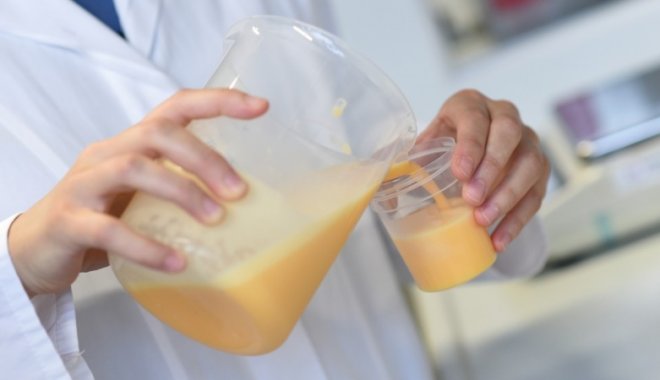
Millions of eggs have been pulled from supermarket shelves in more than a dozen European countries, including the UK, since the discovery of a harmful insecticide called fipronil. The news of the spread was made public on Aug 1. Reportedly, this has the capability to harm human health.
On Friday, the European Union said that it plans to hold an extraordinary meeting late next month over a growing tainted egg scandal. It also revealed that products contaminated with an insecticide have now spread to 17 countries.
However, on Saturday, Singapore's Agri-Food Veterinary Authority (AVA) said on Saturday that eggs in the country are safe for consumption. "With the ongoing tainted eggs issue in Europe, there may be concerns on the safety of eggs sold in Singapore. Singapore does not import eggs from the affected countries in Europe," AVA said in a Facebook post.
But, it is said that prevention is always better than cure. So, now that the scare of pesticide-contaminated eggs is spreading to Asia as well, it's better to be careful in order to avoid contamination of fipronil. IBTimes Singapore brings you a list of all the facts that you need to know about the entire scandal.
What is fipronil?
Fipronil is a popular pesticide and it is often used to de-flea household pets such as dogs and cats. The pesticide is also effective at treating red lice, which are commonly found in poultry. Fipronil is banned for use on animals that are meant for human consumption. It is considered toxic for humans and has also been classified as a carcinogen.
According to World Health Organization (WHO), Fipronil is "moderately toxic" to people if it is eaten in large quantities, and can have dangerous effects on the kidneys, liver and thyroid glands.
Dutch food standards agency NVWA says that fipronil also cause "nausea, vomiting, abdominal pain, dizziness, and epileptic seizures."
More about the scandal
The first cases of contaminated eggs were reported in the Netherlands in mid-July and after inspection the experts believed the contaminant to be Fipronil. Since the reporting of the first cases in farms in the Netherlands, contaminated eggs were found to be coming from farms in Germany and France as well.
According to reports,contaminated eggs have also been found in several EU countries, including Belgium, Sweden, France, the UK, Austria, Ireland, Italy, Luxembourg, Poland, Romania, Slovakia, Slovenia and Denmark. Switzerland and Hong Kong also been reported of having contaminated eggs.
NVWA has published a list of the batch numbers of eggs that are believed to be contaminated. Out of these, the agency has isolated eggs from the batch 2-NL-4015502 as the ones that can cause more harm than others.
Ever since the scandal has been hit in different countries, over one million eggs have been withdrawn. Several farms across Belgium and the Netherlands have been shut down and a criminal investigation is under way in both countries to ascertain how Fipronil came to be used on chickens.
Meanwhile, Belgium has accused the Dutch authorities of having known about the contamination since as early as December 2016. The European Commission's food safety chief has called for an end to the "blaming and shaming".








